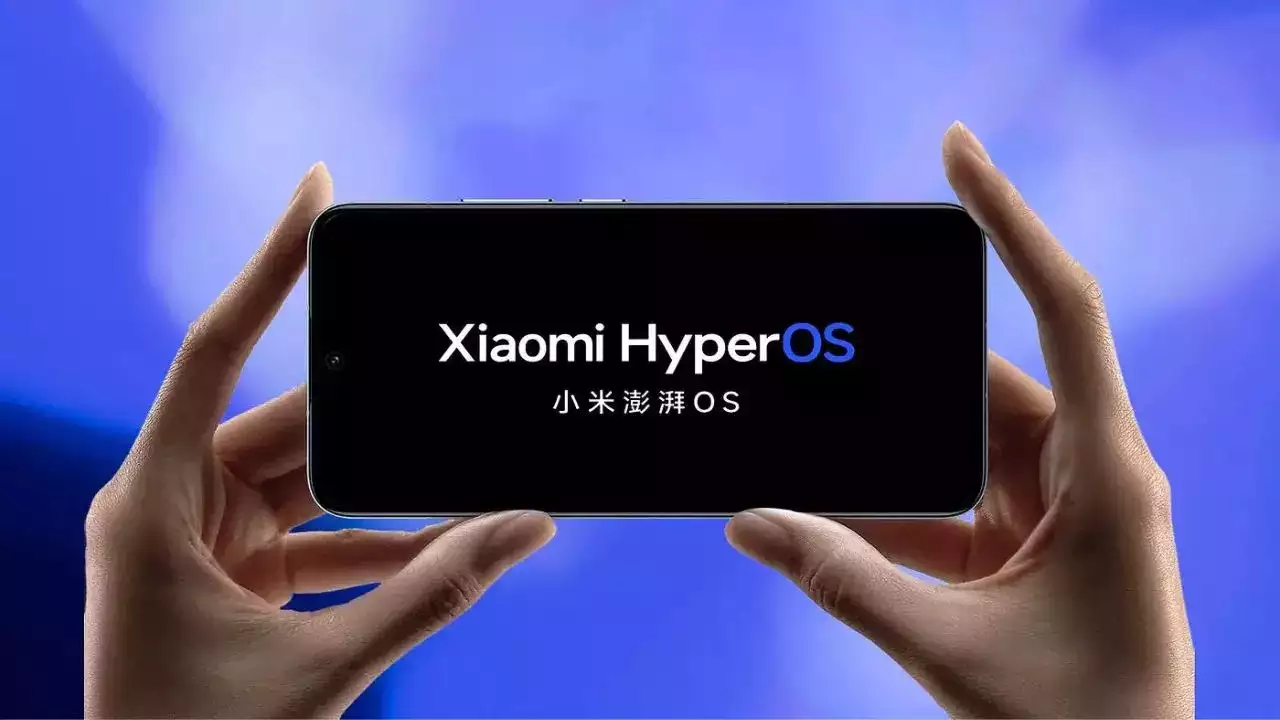Xiaomi continues to distribute the HyperOS version. While the brand has been focusing more on the entry and mid-range segments lately, it is upgrading its compatible devices day by day through the comprehensive distribution plan prepared. In fact, it was learned that the company recently made the update available for a four-year-old series. Here are the new models that received the HyperOS update!
HyperOS is available for Xiaomi Mi 10 series
It was learned that Xiaomi released the HyperOS update for the Mi 10 series, which it introduced in 2020. New version; It comes with the build number 1.0.3.0.TJACNXM and is 4.1 GB in size. Although it has not yet been announced, it is highly likely that the new version will be based on Android 13 since smartphones are four years old.

The new update will be available for the first Mi Pilot users. If there is no problem in the version, it will be available for general use very soon. However, it is expected to receive the latest Google security patch.
Xiaomi founder Lei Jun officially announced that the logo of the HyperOS interface has changed with his post last month. The new logo, which comes with a more stylish and compact appearance than the old one, is defined as a galaxy of points rotating together like ideas and connections in the digital universe. It also contains purple-tinged colors.
Xiaomi HyperOS: It seems that it will offer more customization on the lock screen with new clock styles, fonts, wallpapers, and widgets. The control center will have a cleaner and more modern design compared to the previous version of MIUI 14.
The application icons are similar, but the overall consistency seems to have increased. Another noteworthy detail with the new version is the space that Xiaomi HyperOS will occupy on the phones. According to the Chinese company’s claim, the structure is 8.75 GB in size and provides a serious advantage in terms of storage compared to its competitors.
HyperOS will consume less power compared to its predecessors and can run more easily on less memory. This means that it leaves an open door, especially for Xiaomi’s old and hardware-insufficient products.
So what do you think about this issue? You can share your opinions with us in the comments section!













